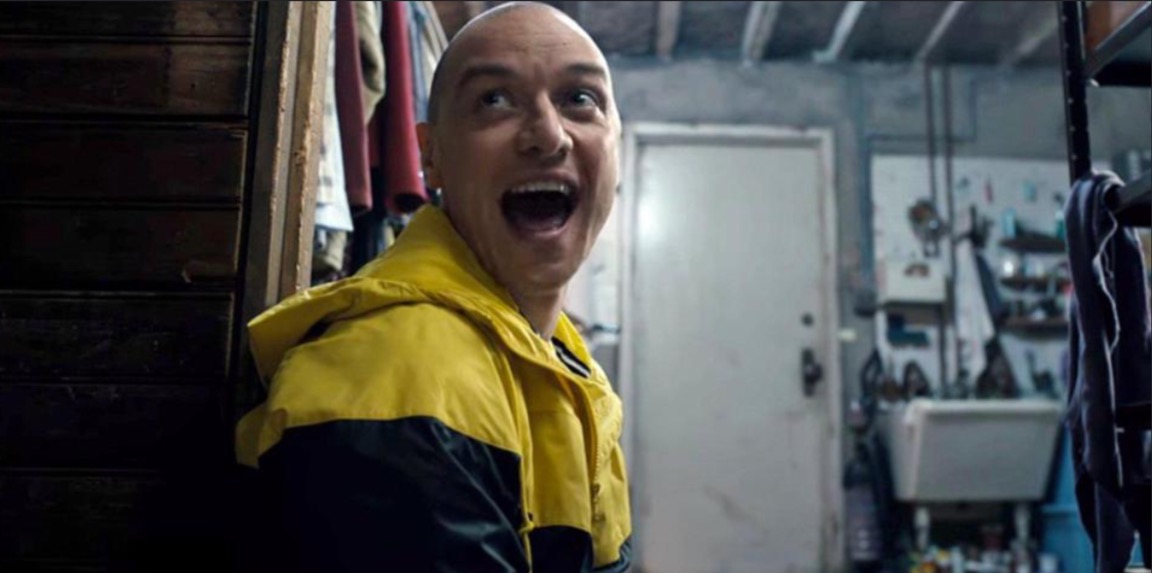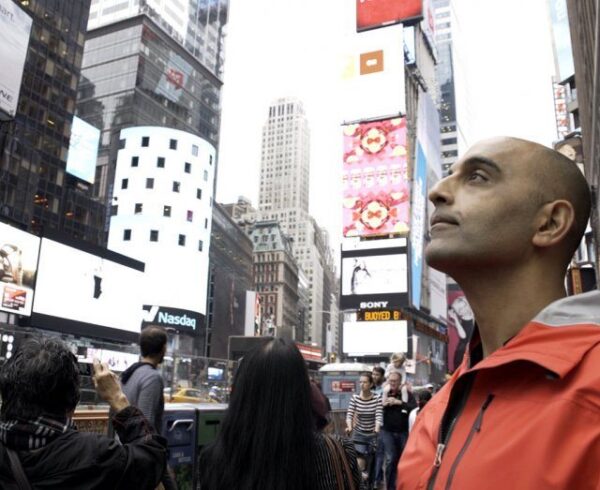M. Night Shyamalan Scores Big with Psychological Thriller Split
What happens to a mental patient with multiple personality disorder when he receives affirmative therapy that focuses on his extraordinary giftedness? In writer-director M. Night Shyamalan’s universe (latest movie Split) it is permission to evolve into an Ubermensch. Only this superman is not a hero but a beast that saves the human race by destroying it. The law of the jungle has a new creature in town.
Shyamalan’s Split opened the weekend of January 20 with a robust $40.9 million weekend haul, the third highest box office for this weekend ever. Projections place the final total of receipts at around $100 million. With a budget rumored to be near $5 million, the millennial horror audience appears to have reversed Shyamalan’s string of recent box office duds. What’s more, the surprise ending is sure to slingshot his next project into a similar stratosphere.
Split portrays a mental patient, Kevin Wendell Crumb (James McAvoy), diagnosed with 23 separate identities, who kidnaps three teenage girls (Anya Taylor-Joy, Haley Lu Richardson, Jessica Sula) in preparation for the emergence of the twenty-fourth and most brutish personality yet. The interchange between captives and captor(s) is the primary conflict as the girls try to negotiate with an ever-changing identity.
Like most of Shyamalan’s films, some details of story are left on the cutting room floor, presumably to leave the audience in a state of discomfiture. But there are times when those gaps stop the suspension of belief. Other times it is worth the admission to watch McAvoy take on all these characters. At one point, McAvoy riffs a dozen different personalities within a minute of screen time. Impressive to be sure.
In the end, the question of whether the child of abuse has any chance at a normal adult life is only peripherally explored and the quandary is left to the thoughtful audience member. I doubt the millennials in the audience give much consideration to that inquiry.
3.5 out of 5 stars












